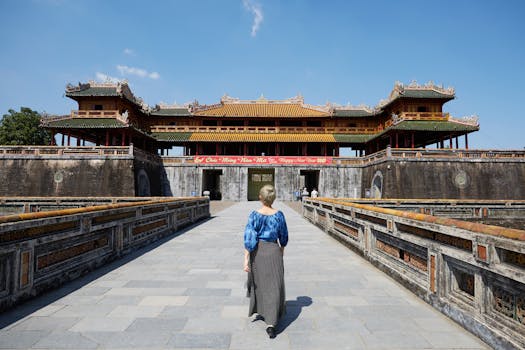You could do a foundation degree, higher national diploma or degree in a subject like travel and tourism management, although this isn't essential.
Entry requirements
You'll usually need:
- 1 or 2 A levels, or equivalent, for a foundation degree or higher national diploma
- 2 to 3 A levels, or equivalent, for a degree




